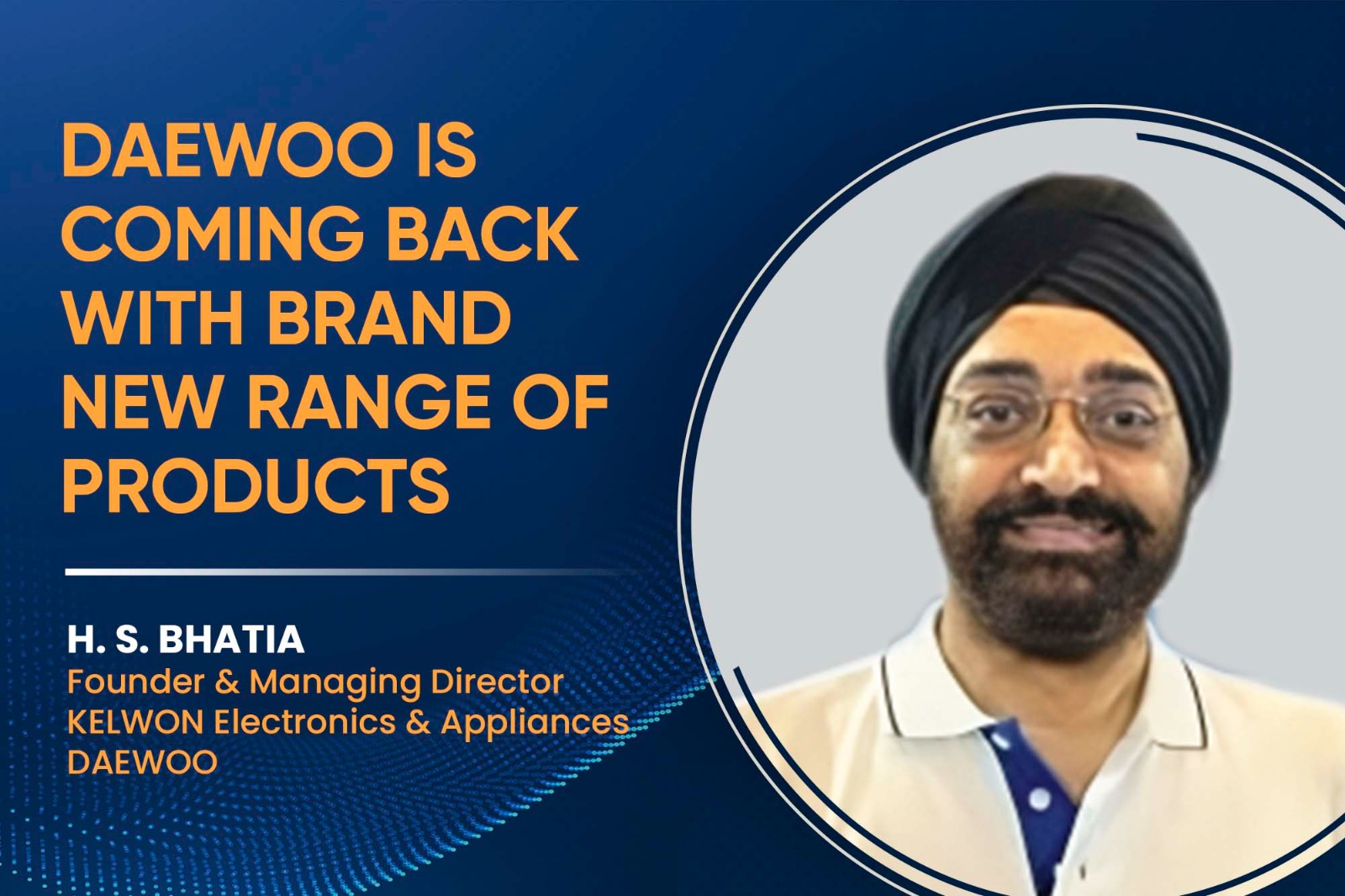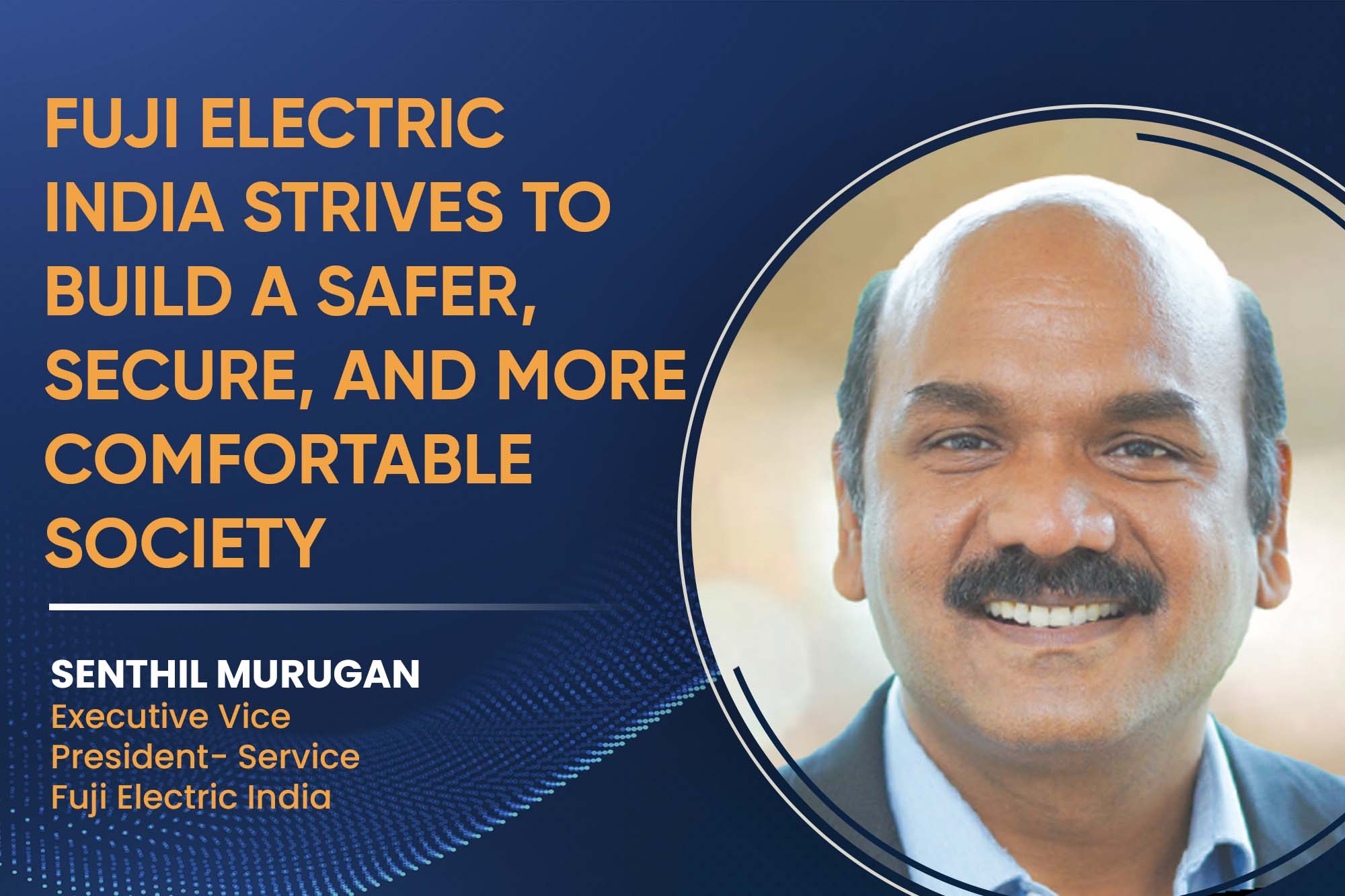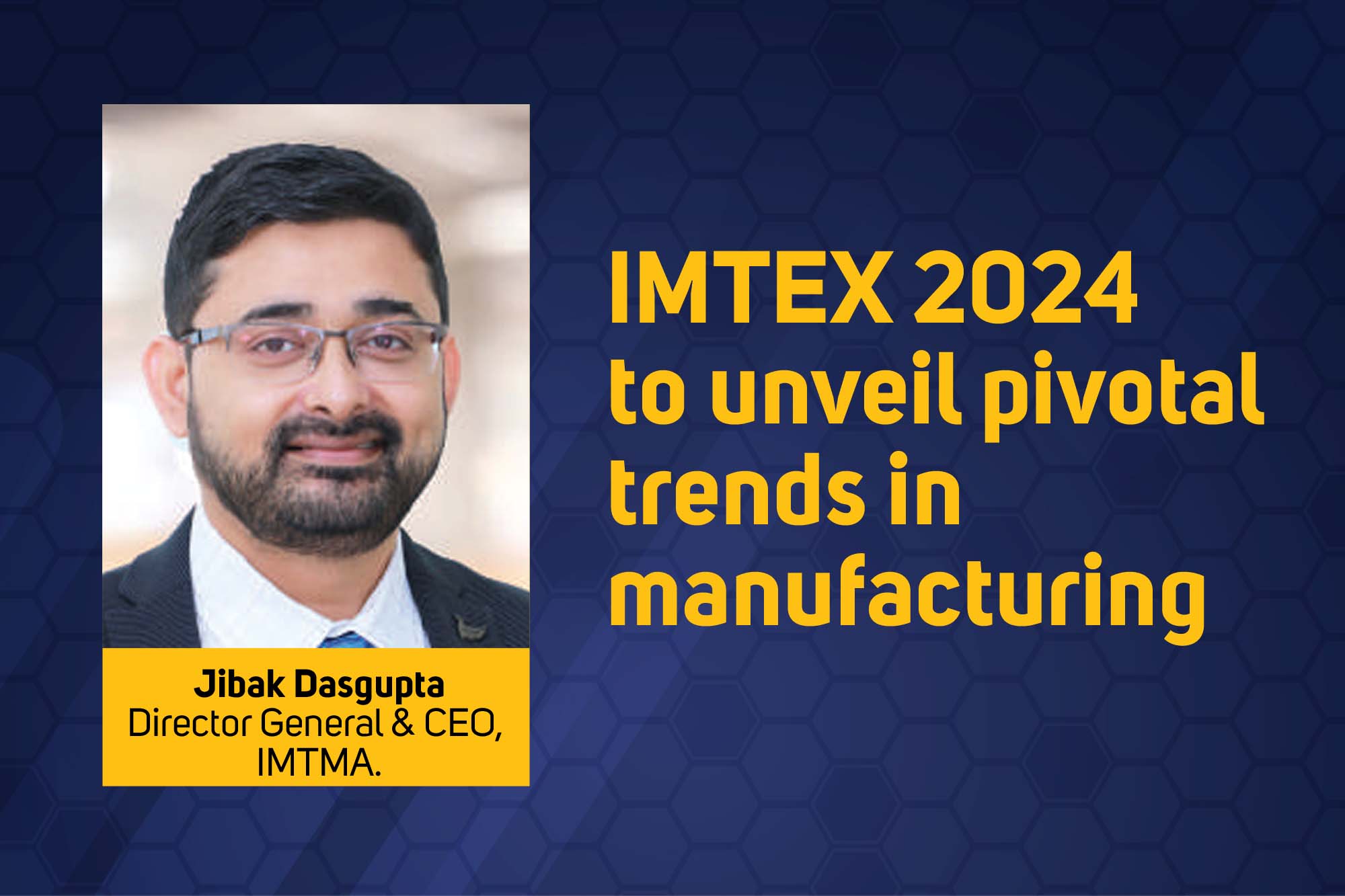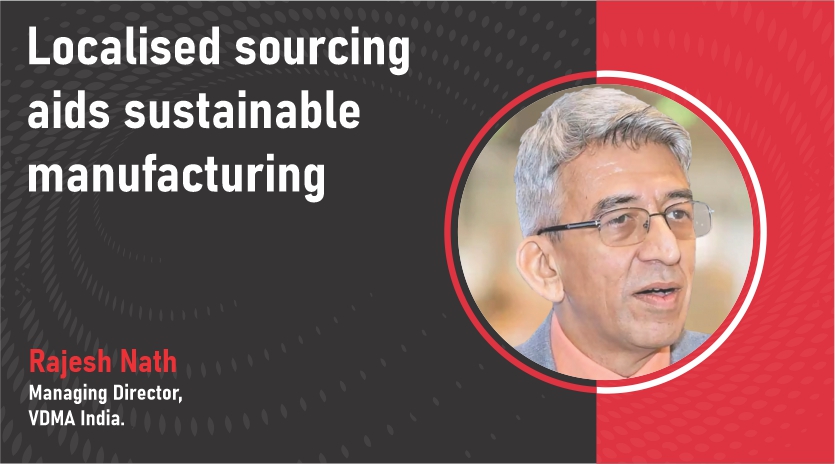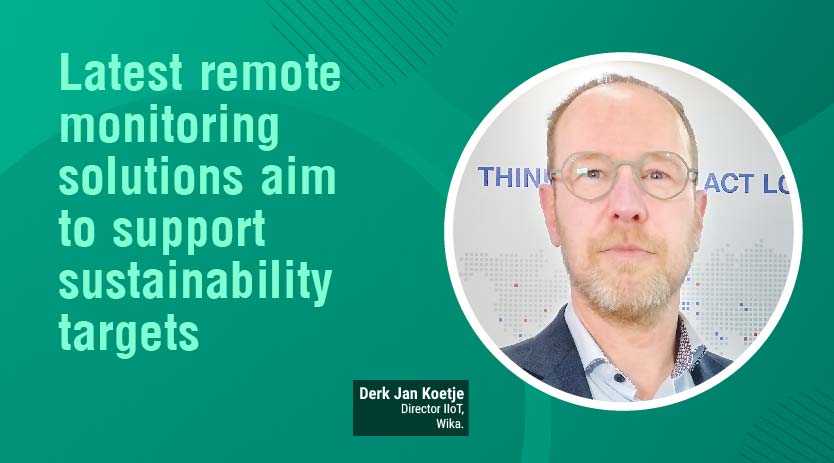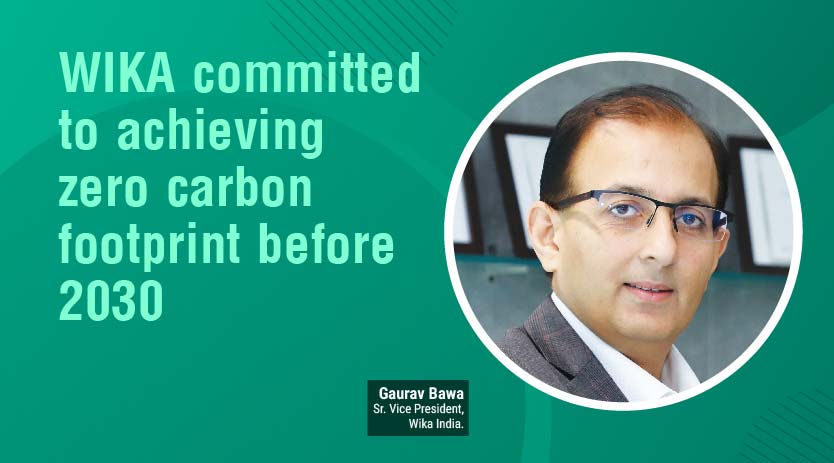Cerebra Green: Steering towards ‘Going green’
By OEM Update Editorial August 13, 2018 12:58 pm IST
About 95 per cent of electronic waste in India is treated and processed in urban slums, where untrained workers carry out practices unsafe for human and environmental health.
V Ranganathan, Managing Director, Cerebra Integrated Technologies Ltd
India, the land of diverse culture, was gradually becoming the dumping yard for ‘e-waste’. Cerebra Technologies decided not to let that happen. In an interaction, V Ranganathan, Managing Director, Cerebra Integrated Technologies Ltd, speaks about why and what led to the opening of Cerebra Green, India’s largest end-to-end e-waste recycling facility.
Why is there a glaring need to bring about effective waste management in India? How well informed is India’s society about e-waste?
The lifestyle of the average individual has changed. We’ve embraced technology and gadgets in all their glory. Some of us ‘upgrade’ our smartphones twice every year. The result being an ever increasing heap of e-waste which we find hard to manage. The digital revolution changed a lot for us and our habits have been at the receiving end of this change too. Our spending and consuming habits have altered the way we use electronics and electrical equipment (EEE) and for how long.
In a country marked by a diversity of culture, income, beliefs and customs, the problem of e-waste management is unfortunately, one of the few aspects that seem uniform and it’s complex to have a definite answer.
What made you set up Cerebra, one of the largest e-waste facilities in India?
As said above and also due to massive urbanisation, more than half the mobile or laptop user population,spend on a second phone or laptop or desktop or any second electronic gadget; we realised from research that there were hardly any recycling facilities in India. Though there are a few recyclers whose capacities when put together are too low to handle the rising e-waste problem which is going to be tremendous in a few years from now.
The amount of e-waste generated now and in the near future is going to be very high and this requires setting up e-waste recycling companies with huge capacities to process the same; thereby, ensuring that e-waste does not end up in landfill. Given the increase in demand for electronic gadgets, Cerebra Integrated Technologies Ltd, a BSE & NSE listed company, which has spent more than 32 years in the IT hardware industry, understands the nuances of what goes into an electronic gadget (Cerebra was in to manufacturing computer hardware; launching Cerebra brand of servers, laptops, and desktops) and how we can effectively dismantle the same, break it down to component level and then get it to shredding, separation of metals and plastics, and then do extraction or refining of the mixed powder to extract precious group metals (PGM).
Cerebra has been working on this project for the past 6 years and was on the lookout for possible collaborations but in 2016, decided to have its own plant and start operations. This dream became a reality when it opened the facility in February 2017 supported by the Ministry of Industries and is now a year since it began commercial operations.We have been talking about ‘Going green’ since the past several years and still India has produced an average of 2 million metric tons of e-waste. What needs to be done to save India from becoming a dumping yard?
E-waste management is a critical issue crippling our nation. As if that wasn’t enough, we’re bogged down by yet another challenge – e-waste treatment. About 95 per cent of electronic waste in India is treated and processed in urban slums, where untrained workers carry out practices unsafe for human and environmental health.
Tossing around the responsibility for management of e-waste is something we are used to as a society. The government is often brought under the radar for not taking adequate measures to turn the informal sector into a well-managed system. Also, we see it as a responsibility of the government to carry out awareness programs to make the masses aware of what they are expected to do with their appliances once they don’t want to use them.
With the new E-Waste Management Rules 2016, it is the responsibility of equipment manufacturers to take up the task of recycling the products they produce. However, once in a while, we also must ponder over the idea if the responsibility ever comes to us as a society, if we are responsible in discarding our e-waste. A balance between the three institutions – government, manufacturers and society – is what India needs to manage its e-waste better.
What automated technologies are put in use for e-waste recycling facility?
Right from collection of e-waste and material arriving at the factory premises at Cerebra, e-waste is segregated and bar coded for tracking reuse and recycled materials. An Eddy current separator separates ferrous and non-ferrous. Other technologies are density separation, optical separation, air table separation and smelting.
The system combines the most advanced recycling technologies such as optical sensors and machines for plastics and metal separation. The result of this is faster recycling, while still maintaining strict environment and safety standards.
Cookie Consent
We use cookies to personalize your experience. By continuing to visit this website you agree to our Terms & Conditions, Privacy Policy and Cookie Policy.



